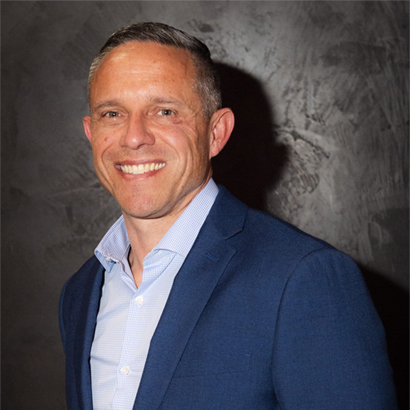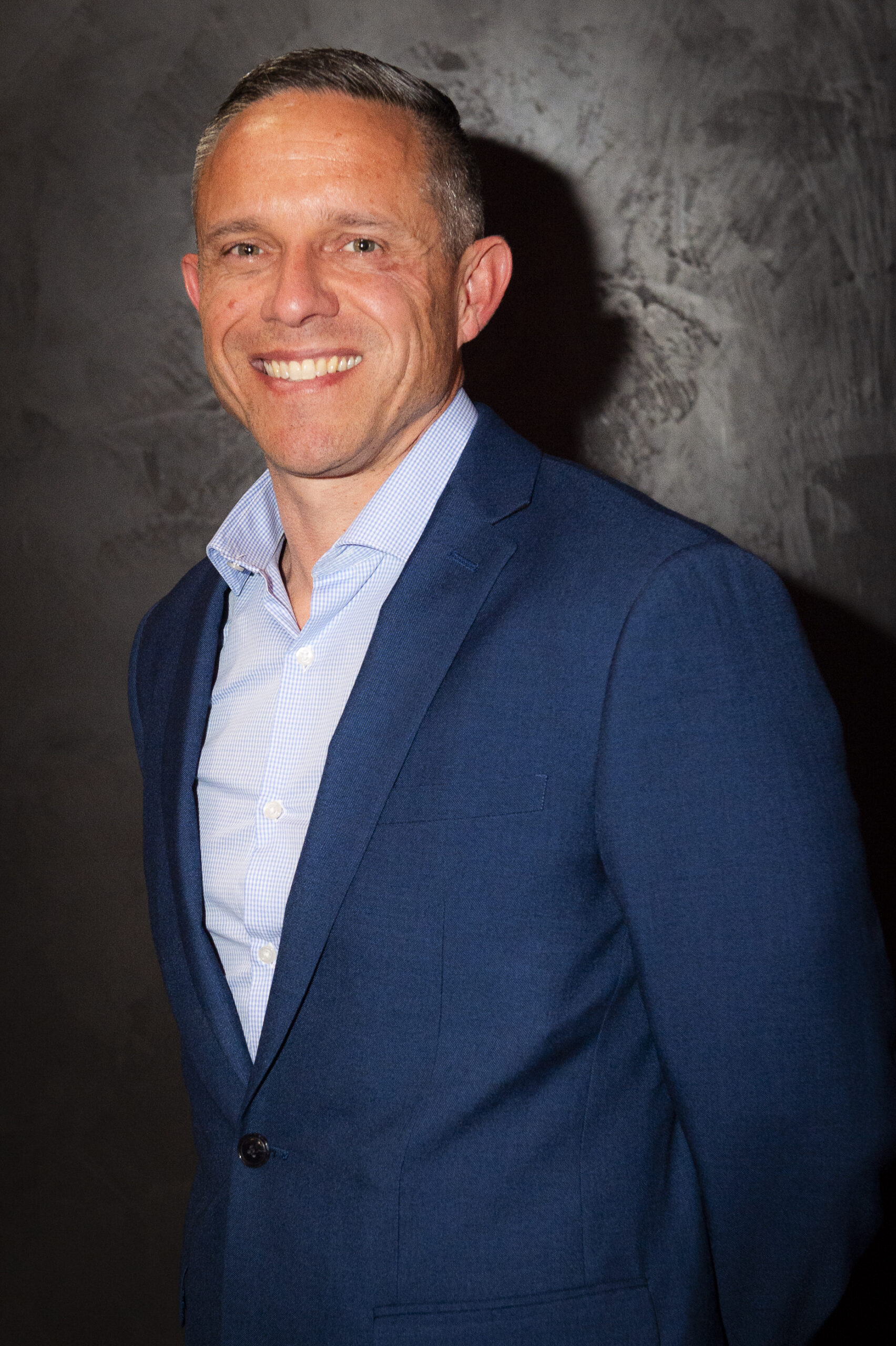Practical, positive and evidence-based professional psychology and coaching psychology services. Everyday solutions for everyday people

In order to change, we need to change…the way we think, feel and act! Simple!
The challenge is it takes time and is often a process. Expectations versus reality.
I apply the science and evidence-base of psychology, with ‘real-world’ no fluff or nonsense approaches to help you make lasting change.

Send an enquiry via email/text/call. Book in. If under medicare for mental health see GP for a mental health plan if you don;t already have one.
During your first session, you’ll complete a consent and information form. I’ll gather your history, including any sensitive details, and ask for more specifics about the current issue you’re facing.
You may be asked to complete surveys and tasks like worksheets, journaling, and exercises between sessions to apply what we discuss. The process is active and solution-focused, not just venting.
Individual Therapy and Counselling. I am a scholar-practitioner meaning every aspect of any approach I take to helping has a strong theoretical and research evidence base. There is no fluff or woo-woo. My service approach is often an integrative approach depending on need/s including the below.
Major (Clinical) Depression; Low Self-Esteem; Grief/Loss; Adjusting to Change; Persistent Low Motivation; Age/Stage Life Changes/Transitions
Specific phobias; Social Anxiety; Performance Anxiety (public speaking for eg); Intimacy and Relationship Anxieties
Burnout; Adjusting to Changes; Sleep Problems; Low Mood; “Brain Fog”; Poor Attention/Focus
Sleep phase issues (Can’t get to/or get up from bed properly); Insomnias
Almost anything can be addictive; the approach may differ slightly but I treat alcohol, substance and gambling. Also, porn, gaming and workaholism
We all struggle here in these areas at times. We are meant to evolve and issues arise navigating our need to change within the real-world challenges within and around us. This is very common. Coaching approaches are often most helpful here.
Adult ADHD is common but not as common as you may think. ADHD is not ‘treated’ as such but worked with using focussed psychological and behavioural strategies.
Over 12 years’ experience working with 1000’s of people.
Master’s level coaching qualification to complement traditional psychology.
Unconditional registration with AHPRA
Have confidence knowing we're fully insured.
Select from Face-to-Face or online appointments.
Rebates from Medicare/Health Funds
Individual Therapy and Counselling. I am a scholar-practitioner meaning every aspect of any approach I take to helping has a strong theoretical and research evidence base. There is no fluff or woo-woo. My service approach is often an integrative approach depending on need/s including the below.
Cognitive Behavioural Therapy (CBT) helps you understand how your thoughts affect your feelings and actions. By changing the way you think, you can feel better and make better choices.
Acceptance and Commitment Therapy (ACT) teaches you to accept your feelings and thoughts without trying to change them. It helps you focus on what’s important to you and take steps to live a meaningful life.
Interpersonal Therapy (IPT) helps you understand how your relationships affect your feelings. It teaches you how to improve your connections with others to feel better and solve problems. It’s a great approach for people struggling with any sort of grief or loss, from the end of a relationship, to the passing of a loved one, and even losing one’s job or business.
Psychodynamic therapy is a type of talk therapy that focuses on understanding how past experiences and unconscious processes shape your current thoughts, feelings, and behaviours. It aims to uncover and address underlying conflicts and patterns from your past that may be affecting your present life.
Solutions-focused cognitive-behavioral coaching (CBC) is a practical, goal-oriented approach designed to help you tackle specific challenges and achieve your goals. It blends the focus on finding solutions from solution-focused techniques with the cognitive-behavioral methods of identifying and changing unhelpful thoughts and behaviours. The coaching helps you build on your strengths, overcome obstacles, and develop effective strategies for personal or professional growth.
Contact me anytime by email or phone M-F 8am-8pm. I’m based in Glenhaven but am also totally online and mobile. Alternatively, you can send me an inquiry using the form below.
A psychologist draws on a wide variety of evidence and research-based theories and approaches to help you understand the interaction between thoughts, emotions and behaviours; the historical, social and cultural contexts, and how they arise to create and sustain the vast array of human experiences that may impact everyday functioning and well-being. Through this understanding, a psychologist can help you make changes to any one of these factors and when effective changes are made this can improve your quality of life in a specific area or in life overall.
This will be different for everyone. However, if you’re here curious and asking yourself that question, I’d suggest doing some further research via a credible web/info source; I’d recommend you chat to your GP. Or, I’d be happy to answer any questions you may have to see if seeing a psychologist may be of benefit to you.
Just click the button above, send an enquiry. Or feel free to call/text me directly on 0413 183 169
Strictly speaking, no. However, there is a Medicare initiative for people with a mental health condition seeking referral. Ask your GP for a Mental Health Care Plan referral. This enables you to benefit from a rebate for services.
The first session is about assessing the situation and beginning to formulate a plan. It often takes a session or two to get to know a person and what’s going on well enough. There can often be a sense of urgency in helping alleviate stresses. That is understandable. Being realistic, however, about expectations is more helpful for you in this process.